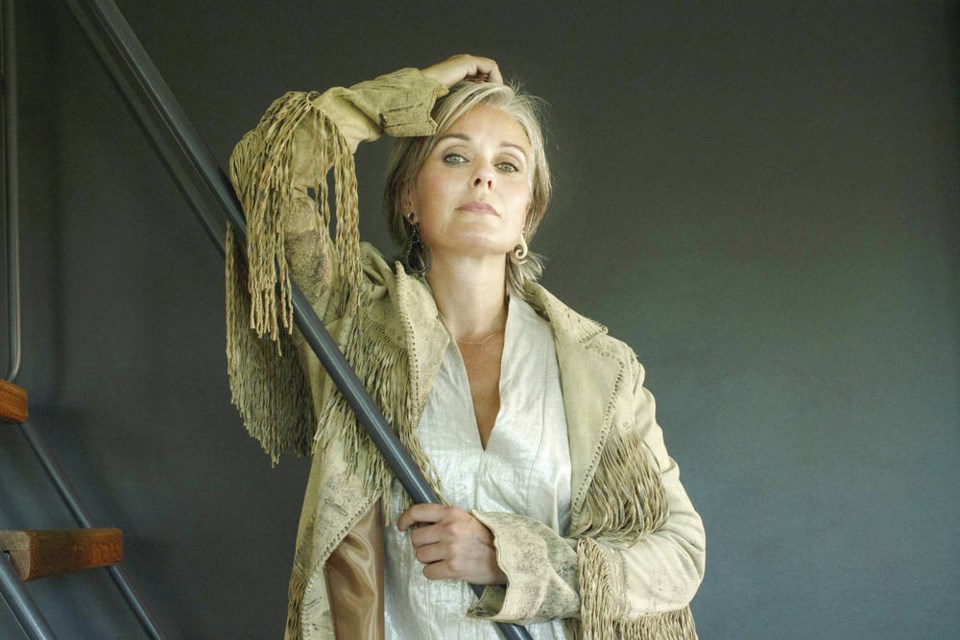Michelle Latimer’s documentary film Inconvenient Indian being withdrawn from the Sundance Film Festival has sparked headlines. Latimer has come under scrutiny for her claims of Indigenous heritage.
This isn’t the first time that an individual has faced a public backlash over claims of Indigenous ancestry. In 2016, similar accusations came out about author Joseph Boyden.
First, I want to acknowledge that I don’t know anything about Latimer or Boyden’s personal stories or family heritage.
In both Latimer and Boyden’s cases, they named the First Nations they were from and the nations’ responded, denying the claims. Indigenous communities have a right to voice this concern and to let people know that they are listening.
I know there are people who will claim to be Indigenous to gain an advantage if they see one. This is going to happen in every area of society, not just with Indigenous ancestry. It’s not something I support or condone.
What really makes me upset about stories like this is that there are many Indigenous people who don’t know their lineage and could face unfair repercussions and judgment from others who think everyone who doesn’t have a clear understanding of their history is making false claims.
Not all Indigenous people know where they come from. This can be due to not knowing who a parent is, adoption or having relatives who lived through the trauma of residential school and refuse to acknowledge their ancestry, thinking they are protecting the younger generation from further trauma.
Heritage and ancestry can be complex. When stories of false ancestry come up, it can discredit someone who is struggling with knowing who they are and where they are from. and may hinder them from speaking up and sharing their story and the ancestry they may hope to learn more about.
I am not writing this to stand up for Latimer or Boyden. I am choosing to write this to provide a voice for myself and others in my shoes.
I have been open in my columns about being Indigenous and adopted. I was never told what community I was from. Over my years of searching, I learned that I have family from Fort Chipewyan, Alta., which is 200 kilometres north of Fort McMurray. A DNA test from a few years back confirmed I was Indigenous with First Nations and Inuit heritage, which fits the geographic location of Fort Chipewyan.
A couple of years ago, my daughter came home from school with a family tree assignment and handed it to me right before her bedtime. I am sure many people could jot down mom, dad and grandparents on both sides and call it a day. It’s not that easy for me — it opens up a box of emotions and a reminder that I don’t know. Knowing your family tree is a privilege that not all of us have.
I don’t want stories like Latimer’s to cloud the judgment of others when they hear people speak of their lineage, acknowledging they don’t know all the answers.
I am very proud to be Indigenous, and whether or not I know exactly where I am from, it doesn’t make me any less Indigenous.



